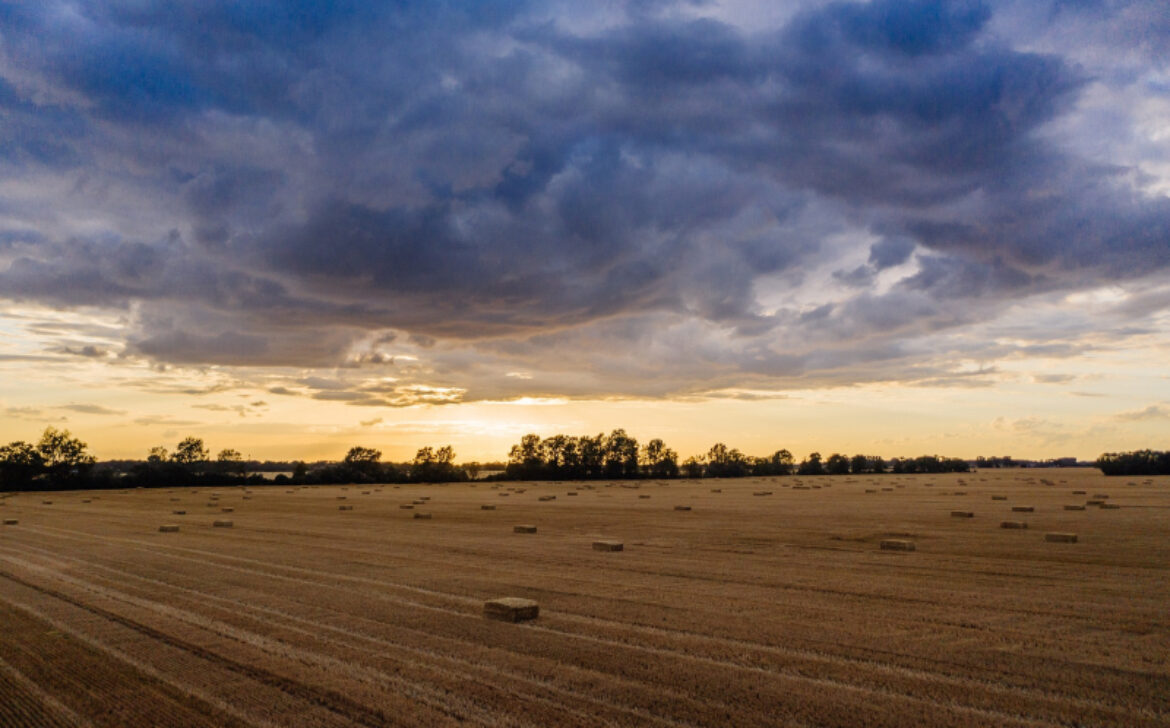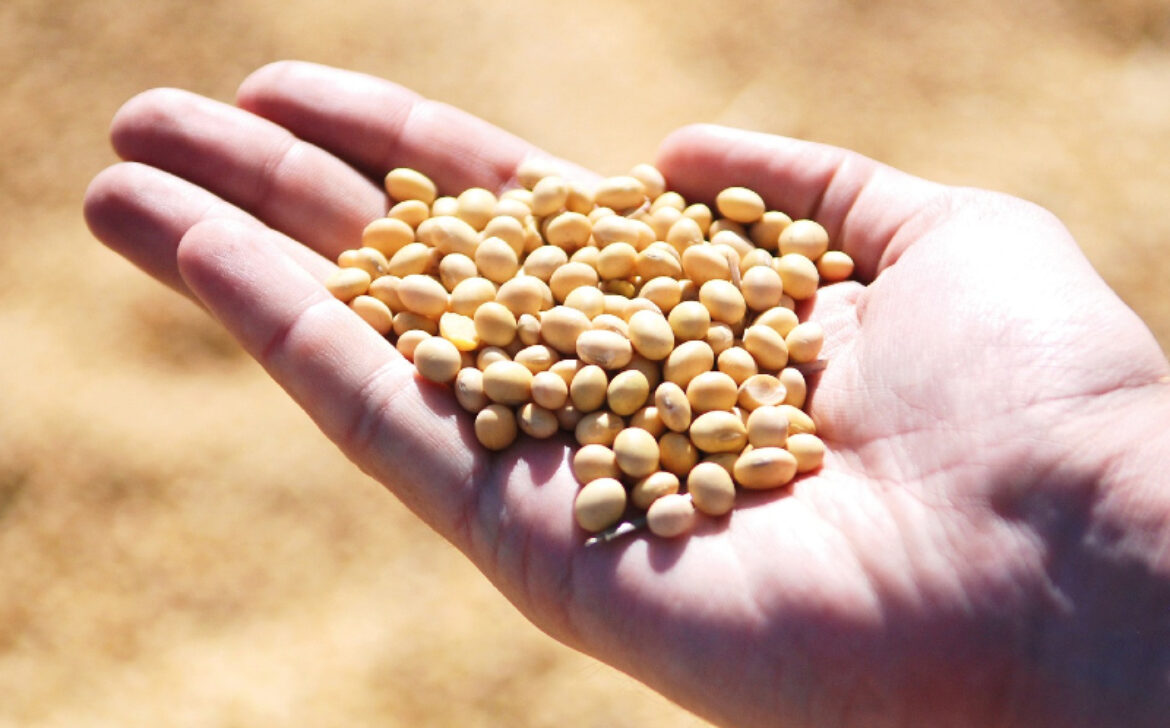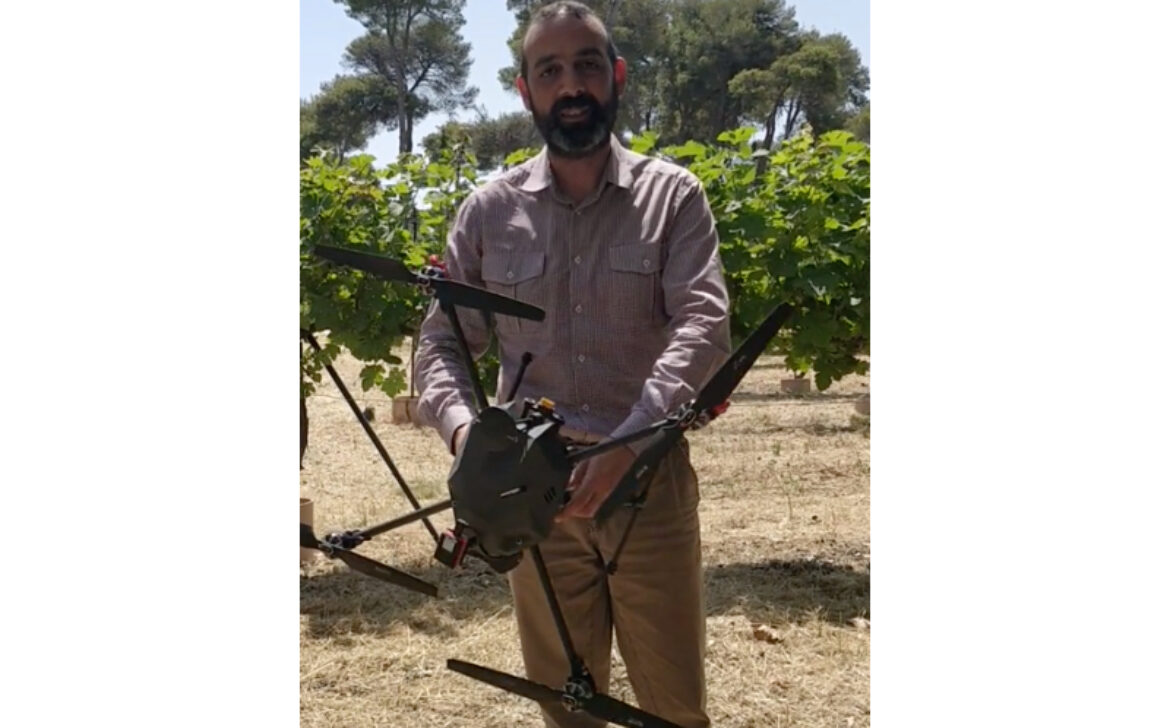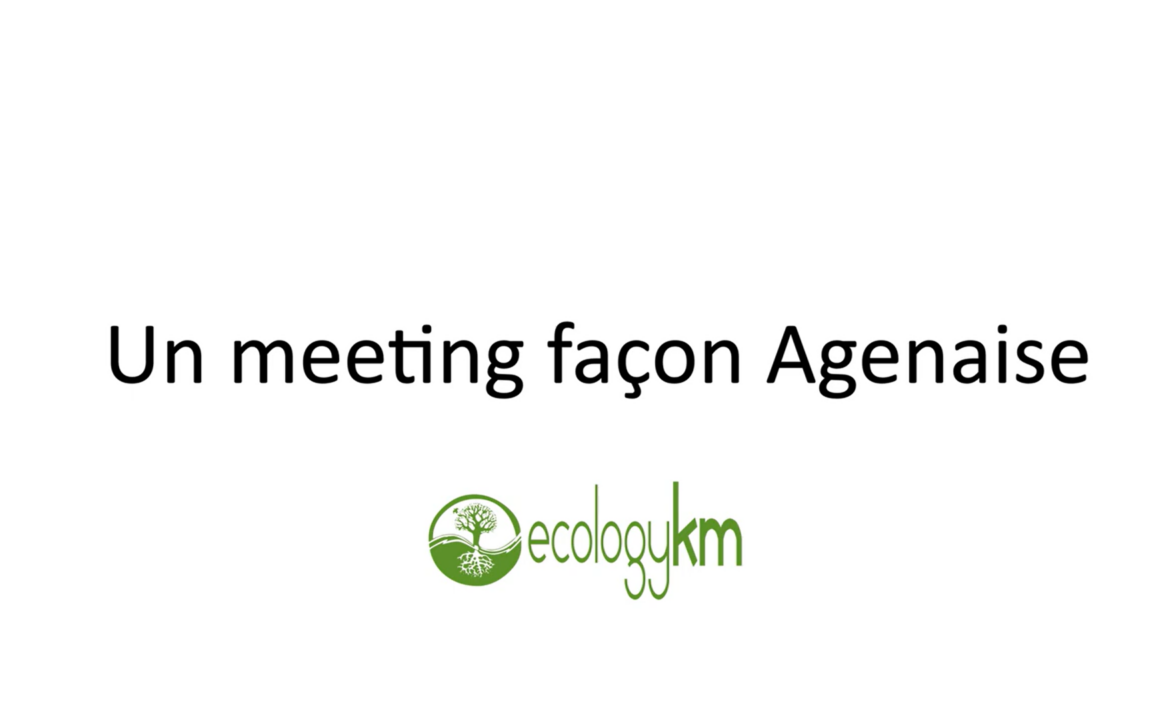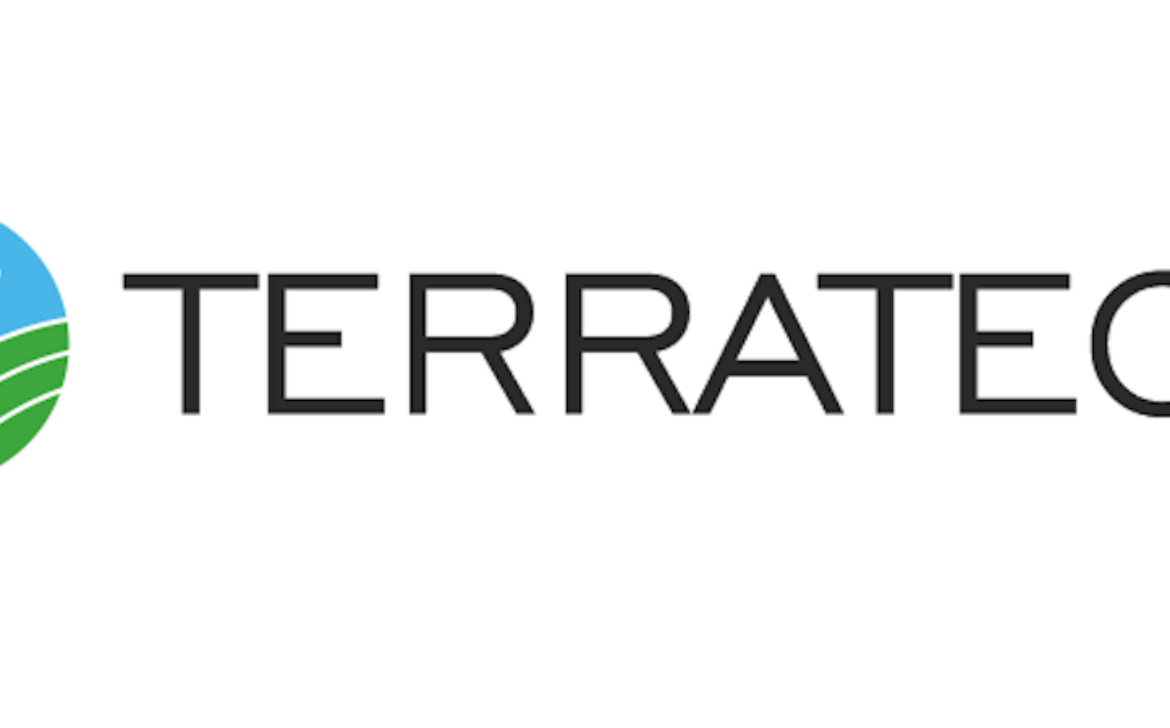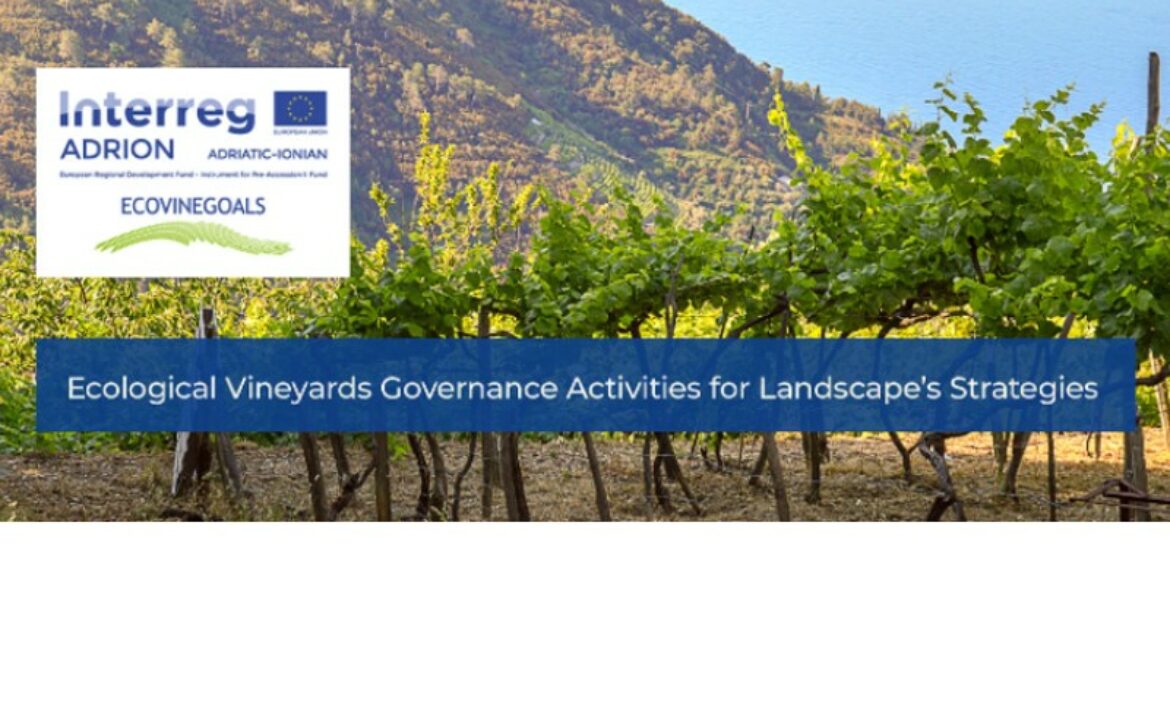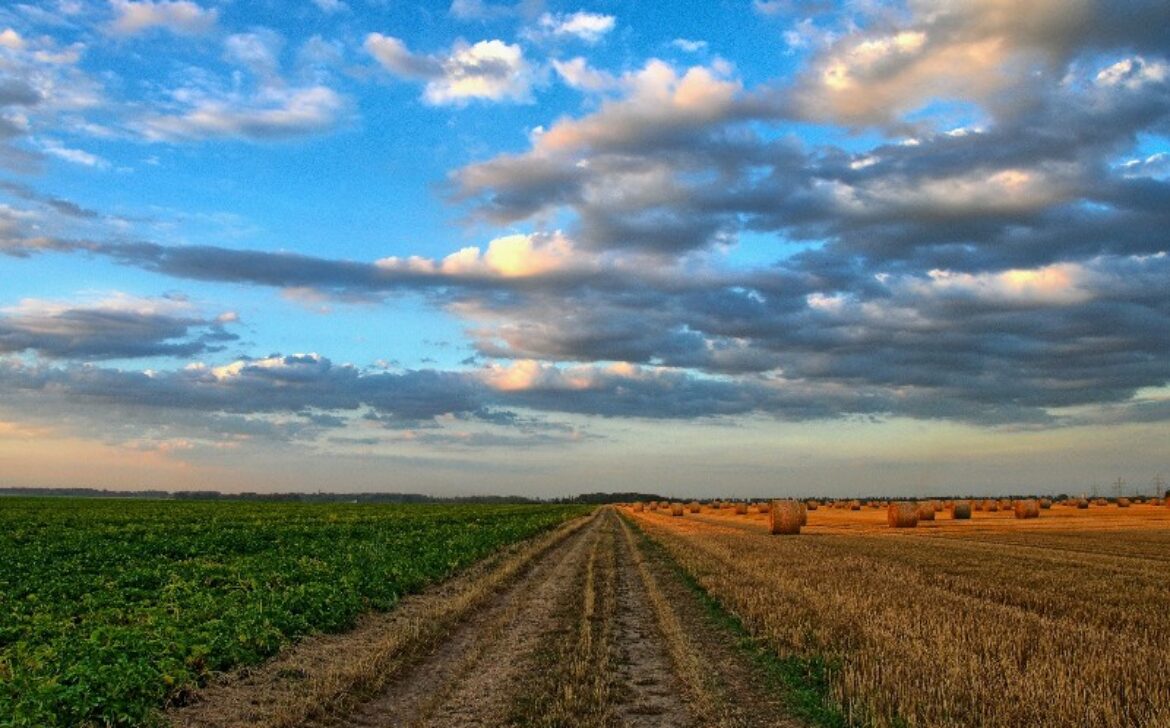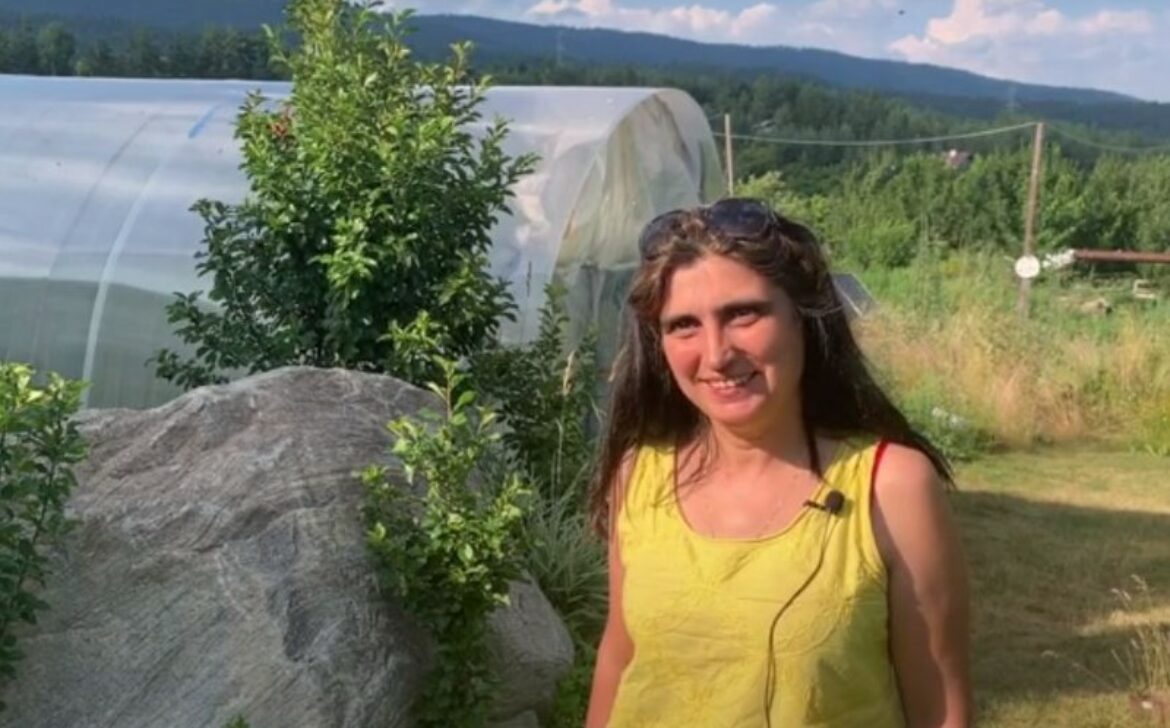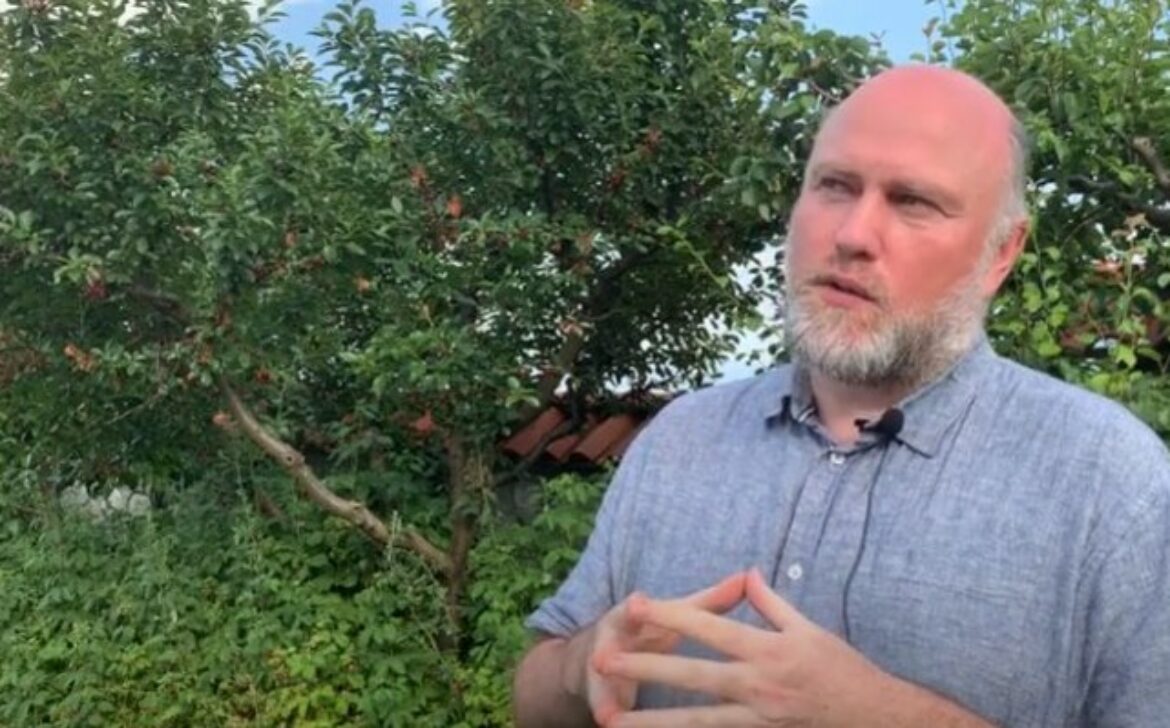Here you can watch a nice video about the Agrosilver Value meeting that took place last july in Agen, France: Un meeting façon Agenaise.
Category: Sin categoría
European Commission: “Agroecology can enhance ecological and socio-economic resilience of agricultural and food systems”
“Agroecology ensures a regenerative use of natural resources and ecosystem services and addresses the need for socially equitable food systems”. Here you are an interesting information about agroecology published by european commission.
https://knowledge4policy.ec.europa.eu/global-food-nutrition-security/topic/agroecology_en
Video: Application of remote imaging in agriculture
How remote imaging technology and interpretation of data can help farmers to manage crops and inputs and survey plant health. Here you can see one of the videos of Agrosilver Value about agroecology.
masTERs course on smArt Agriculture TECHnologies
The ERASMUS+ TERRATECH project (www.terratechmsc.eu) will develop an advanced interactive certified MSc course related to Agricultural IoT applications to provide the necessary skills & knowledge to work in the emerging Smart/Precision Agriculture industry. The innovative curriculum will encompass interactive teaching methods & partnerships with expert academic & agriculture organisations over 8 months, with 2 mobility periods plus 1 month on-the-job training.
The project consortium includes six higher education institutions (Catholic University of the Sacred Heart, International Hellenic University, University of Debrecen, University of Porto, University Pompeu Fabra and Vidzeme University of Applied Sciences), five high-tech SMEs (AgriWatch BV, Agroop Lda, Cerca Trova Ltd, ECQA GmbH and Evolutionary Archetypes Consulting SL), two farming SMEs (Ktima Filippou-Schoinoplokakis and Regional Federation of CUMA of the West) and one research institute (Mediterranean Agronomic Institute of Chania). The academic partners provide expertise in agricultural science, engineering and management as well as in high tech applications. The technical members have facilities equipped with instrumentation for the construction and testing of IoT systems, and computer laboratories for simulation and data analysis, while the SMEs and farming companies form the industrial side of the project, providing practical experience in the application of the technology.
The Interreg-ADRION ECOVINEGOALS project: Supporting the agroecological transition of viticulture in the Adriatic-Ionian region
ECOVINEGOALS promotes sustainability and resilience in the winemaking industry by encouraging the transition of intensive viticulture towards agroecological management systems that protect natural habitats and landscapes, reduce chemical and fossil fuel inputs and minimize harmful emissions. The project also aims to enhance stakeholder skills in participatory local governance, to strengthen transnational cooperation and provide specific transnational instruments to promote, support and manage the agroecological transition. Together, the project actions will address environmental vulnerability, promote the provision of ecosystem services, act to prevent social conflicts in land use and mitigate climate change.
Currently the project consortium is working with local viticulture stakeholders in each of the eight project pilot areas (1 in Croatia, 2 in Greece, 2 in Italy, 1 in Montenegro, 1 in Serbia, and 1 in Slovenia) to implement a participatory process that will result in the formulatio of multi-actor action plans specific to each area to encourage the widest possible participation and support in agroecological initiatives in viticulture and the sustainable development of each rural area. A series of three workshops is being held in each pilot area in which viticulturalists, agricultural advisors, representatives of local agricultural research institutes and organic agriculture certification bodies, local development agencies, local authorities, the ministry of agriculture and associated commercial and tourism bodies, work together to identify key problems, envision an idealised scenario for the future development of agroecology-based viticulture in the area and how this cultivation could benefit related sectors with initiatives in Wine- and Gastrotourism, the creation of additional employment opportunities and greater access to safe natural areas for local inhabitants. The final stage of the procedure entails the production of local action plans that defines, plans and costs the key actions to be implemented in each area to activate the transition process.
In the context of AgroSilver Value project the Department of Sustainable Agriculture, CIHEAM_MAICh has produced a video describing the agroecolgical viticulture practices employed by the ECOVINEGOALS stakeholder NOSTOS (Manousakis family) winery at Vatolakkos, Chania, Greece.
African Arguments: “Time to change course: The future is in agroecology”
“Alliance for a Green Revolution in Africa acknowledges the need for a mix of approaches from agroecology to the latest crop and soil science”, but agroecology is the latest science”. Here you can read the article.
https://africanarguments.org/2021/10/time-to-change-course-the-future-is-in-agroecology/
EcologyKM – interview Vasilka Sabeva (organic entrepreneurship)
EcologyKM: “Our team comments on the many educational AgroSilver Value case videos that are being created in Bulgaria. Soon these will be publically available via a dedicated educational eco agri video platform. We focussed on the complete production cycle: the farms where the products are grown, harvested and packaged, the entrepreunership of the eco / organic farms owners, and the consumption in restaurants/hotels as a result of their diversification strategies”.
EcologyKM – interview Karel Van Isacker (organic entrepreneurship)
Our team comments on the many educational AgroSilver Value case videos that are being created in Bulgaria. Soon these will be publically available via a dedicated educational eco agri video platform. We focussed on the complete production cycle: the farms where the products are grown, harvested and packaged, the entrepreunership of the eco / organic farms owners, and the consumption in restaurants/hotels as a result of their diversification strategies.
- 1
- 2

